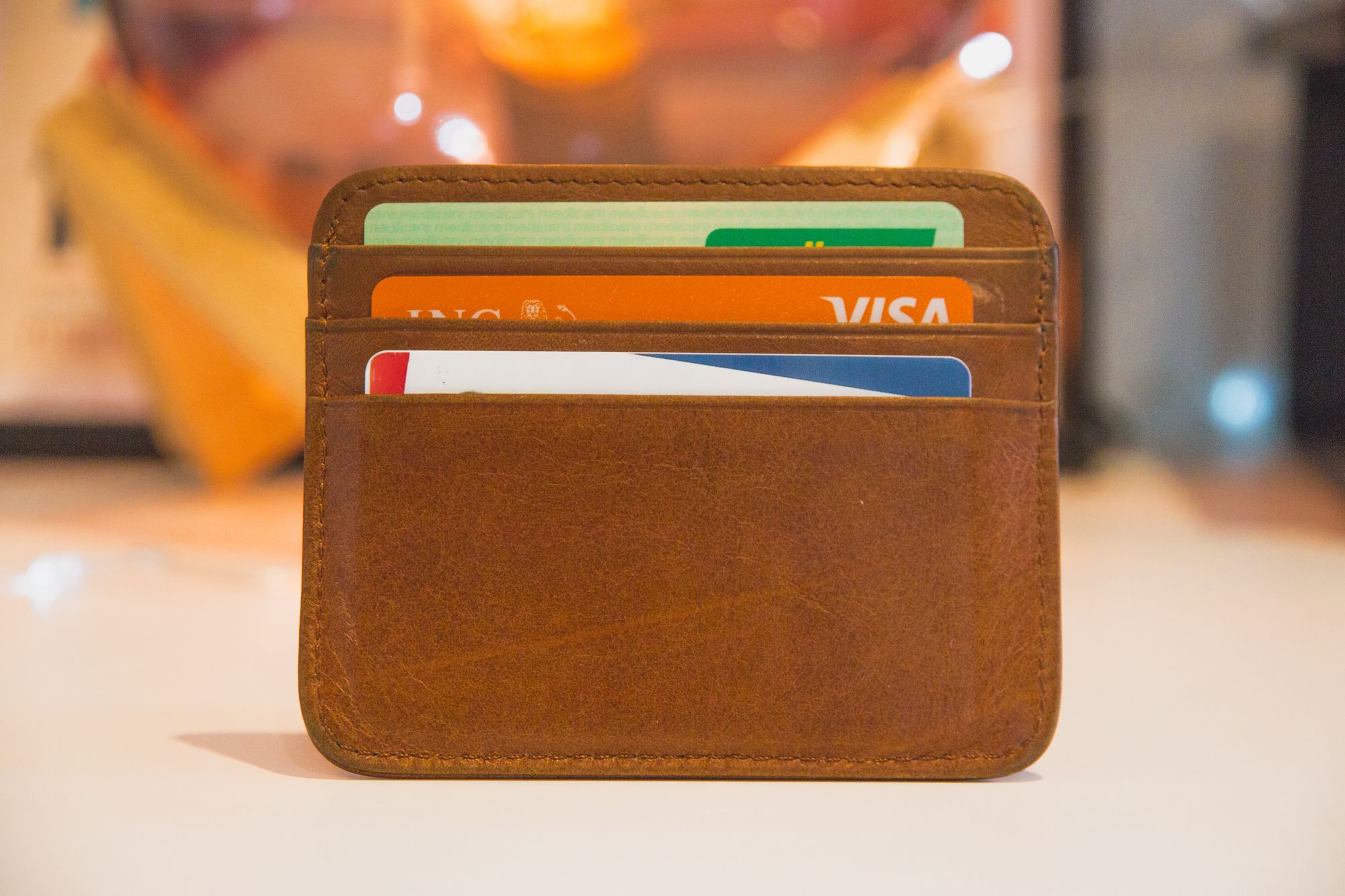Who led your digital transformation? CEO, CIO, Board, COVID-19?
On 12th March 2020, the government announced the first confirmed case of COVID-19 in Kenya. The government urged non-essential staff to work from home (WFH) and to swap cash for digital payments, sounding a call to action for digital transformation that unfortunately, for many businesses, degenerated to chaos. For some companies, this transition was almost painless. For others, the enormous upfront costs made it impossible to continue operations. However, many companies have gone digital, and we are still innovating and creating opportunities online to keep our businesses and lives going. Here are a few digital trends, all thanks to COVID-19.
Payments and E-Commerce
Handling cash is expensive. With the pandemic, businesses now worry about sanitization as well as safety and security. There is no time like the present to move to digital payments. The government, telcos, and financial institutions are making it easier for Kenyans to use digital payments. It is now free to send mobile money transfers for less than KES 1,000, and there is no limit on how many times you can send KES 1,000. The daily transaction limit is now KES 300,000 with a single transaction limited to KES 150,000. My favourite one is the free bank transfers to mobile money regardless of the amount.
Further, digital payments and WFH have increased the demand for e-commerce solutions. Supermarkets, wholesalers, and small businesses are now availing their goods online to reach customers who don’t want to leave the safety of their homes. There are significantly more local ads on Facebook and Instagram, and I’ve lost count of the number of webinar ads offering training on shifting businesses online. Due to the shift to e-commerce, there is a higher demand for online marketing and social media experts, so we’re creating jobs as well. I am keen to see if the uptake of e-commerce remains high in the new normal.
Education
Education went digital, although this has had varying levels of success. Of concern, though, is that many children whose parents cannot afford the equipment or the data to access the classes were left out. It was interesting, however, to see my pre-teen cousins navigating lessons on Zoom and Teams, which is quite different from online universities, given the maturity levels. If you ever had any qualms about giving teachers a raise, attending a Zoom class will undoubtedly change your mind.
Healthcare
Virtual doctor consultations became the norm during lockdown. Patients are opting for online access to medical professionals instead of going to hospitals and clinics. SasaDoctor and Dial Daktari, for instance, enable you to consult a doctor via a call or an App on your phone. Digital pharmacies like MyDawa deliver medicine to your doorstep.
Outside of Kenya, companies and governments are pushing the envelope to ease access to medical care and keep track of infections.
- For information about the pandemic, various chatbots provide information on spread and tracking.
- Some countries have partnered with phone companies to use mobile phones to track hotspots, for contact tracing, and monitoring of quarantine and self-isolation protocols.
- China, Iceland, and Singapore have also been able to use mobile phones and thermal cameras to screen people for infection.
The ability to access medical care at the comfort of your home is a step up in experience. I hope this one lasts.
Donations Online
I have always liked the M-Changa model. A mobile fundraising platform is ideal during this time when you can’t meet up with friends, family, and well-wishers. Our “Harambee” motto is alive and well during the pandemic, and platforms like this have supported our generosity towards the needy and less fortunate.
Another great initiative was Safaricom’s Bonga for Good initiative which allowed Safaricom customers to redeem their Bonga points at supermarkets and other Lipa Na M-Pesa outlets to access food and other necessities. While it was active, we spent KES 330 million in Bonga points at stores and supermarkets.
Banking Online
Banks too have had to innovate and adapt to the new normal. While we still have not seen any Kenyan bank go fully digital, there is some forward progress. In addition to transitioning more transactional functionality to mobile and online banking platforms, banks are now able to open personal accounts online. You no longer need to go to a bank to open a bank account. You can open an account at your leisure on your phone. Download the App, select a product, take a picture of your ID, input your Tax PIN, take a selfie, and presto you have a bank account. They even couriered the debit card to my office. Despite the glitches, I love that I didn’t have to go to a bank to open the account.
Judiciary Online
The biggest surprise for me was that the Judiciary went online. From April 2020, the Judiciary has heard cases online and 1st July 2020 launched an e-filing system that enables lawyers and other litigants to file their lawsuits, assess fees, and upload files to the registry. The move should improve turnaround time, expediting justice and reducing opportunities for corruption.
Work from Home (WFH)
Some Kenyan employers tend to be very traditional, focussing on hours worked rather than output. It was, therefore, quite a change to ask employees to work from home. WFH turned things upside down, and companies incurred costs to ensure employees could work from home.
For some, WFH meant purchasing new computers, providing internet access for employees, and setting up VPNs. For collaboration, video conferencing tools like Zoom, Teams, Chat and instant messaging Apps like Slack needed to be purchased. Some organizations went as far as sniffing tools to ensure their employees were working. Talk about micromanagement. It is unlikely that businesses will go back full time to work from the office and with the global workplace, it’s about time we adopted work from anywhere rather than work from the office.
Now that we’re digital, what next?
It will be interesting to see what we do with our shift to digital. Going digital is just a part of the journey. As with M-Pesa, companies can leverage the fact that we’re working from home, using e-commerce, consulting with doctors and conducting KYC online to build new products and services for the new normal. The sky’s the limit!





